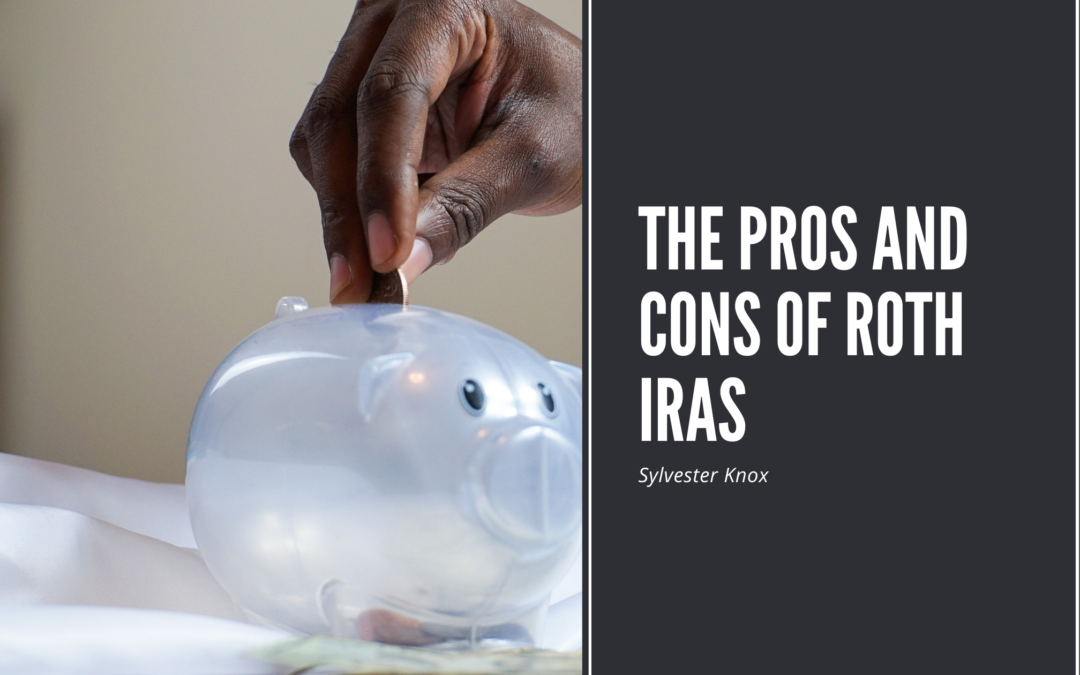A Roth IRA is a type of investment account that provides tax-advantaged growth and withdrawals. There are many advantages to using a Roth IRA, but there are also disadvantages. In this article, we will explore the pros and cons of these types of accounts to help you decide if they’re right for your needs.
The first advantage is that contributions can be withdrawn without being taxed as long as the money has been invested in the account for at least 5 years and you’re over age 59½. This means that any earnings from investments inside the account won’t have taxes taken out before they accumulate interest or dividends – meaning more funds will grow to provide retirement income! Another advantage is that when you’re over age 70½, you don’t need to take required minimum distributions (RMDs) from your Roth IRA. RMDs are the withdrawals that individuals with traditional retirement accounts must make under certain rules.
Another advantage is that Roth IRAs are more flexible than many traditional retirement accounts. You don’t have to take RMDs, you can access your account if you need the funds for emergencies or any other reason without being taxed on early withdrawals of earnings, and there are no age limits on when contributions can be made.
Roth IRAs have many advantages, but some disadvantages must be taken into consideration before investing. The first is that you can’t withdraw contributions to a Roth IRA without being taxed as long as the money has been invested in the account for at least five years and you’re over age 59½. Another disadvantage is that you’re required to start taking RMDs when you’re over age 70½, even if your Roth IRA hasn’t been open for five years yet. RMDs are the withdrawals that individuals with traditional retirement accounts must make under certain rules.
The final disadvantage is that some investors may not benefit as much from Roth IRAs if they’re in the same tax bracket when they retire as when they were younger. In other words, it may be better to invest in a traditional retirement account that provides an upfront deduction and/or paid lower taxes while you were working. One of the main disadvantages of Roth IRA is that there’s no tax deduction on the front-end.
Overall, the advantages of a Roth IRA are more significant than its disadvantages. If you have earned income or meet certain requirements to contribute to a Roth IRA, you should strongly consider investing in one.

